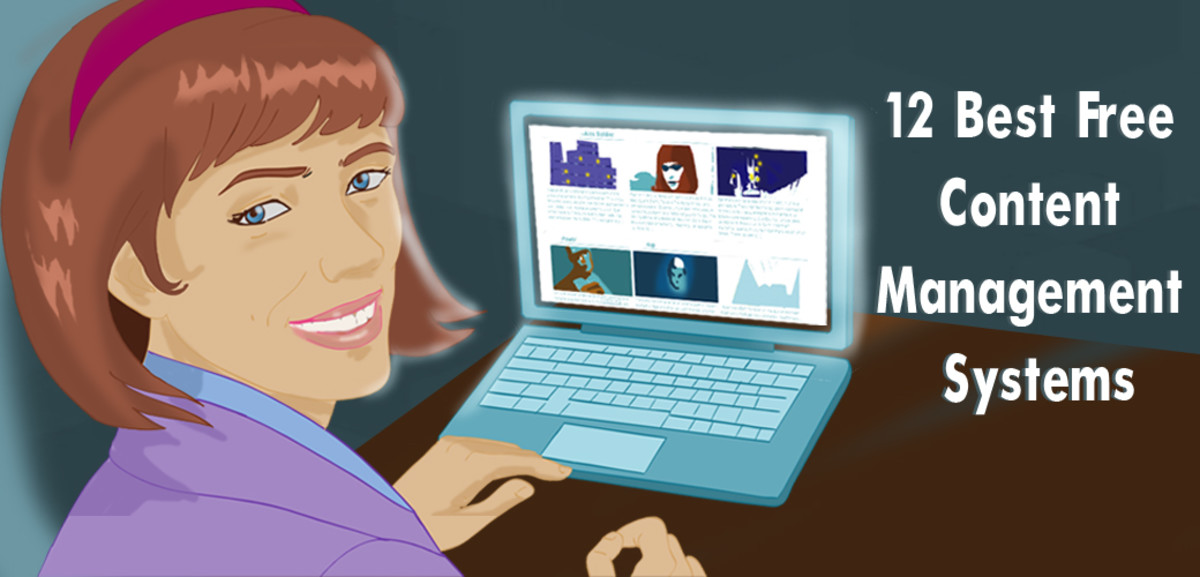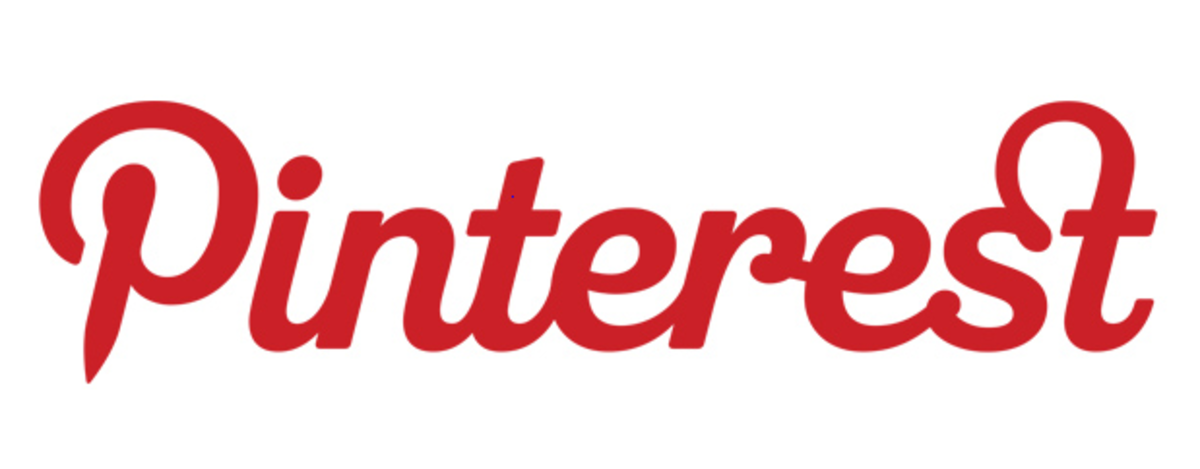Building an Enterprise App Store

Why Build an Enterprise App Store?
The world of Information Technology (IT) has changed dramatically in terms of function and size. From archaic computers which were huge in size to personal computers and laptops, we’ve progressed immensely with the advent of mobile phones and smart devices. More and more organizations these days are seeking to enable enterprise-wide mobility through mobiles and app stores. These mobile platforms and channels can deliver great business value and leverage best practices. They are looking out for solutions that can host intelligent application store functionalities with a strong suite of capabilities which can provide valuable benefits such as increased productivity and business flexibility.

Providing Business Users with the (Safe and Secure) Tools They Need
In 2013, Gartner issued a prediction that within the next four years, more than 25 percent of enterprises will have their own enterprise app stores for managing corporate-sanctioned apps on their personal computers and mobile devices. It is projected that more than 60% of corporate and business IT departments will deploy private enterprise app stores.
Enterprise apps can be classified into two categories; native apps and custom apps. Native or generic apps are those enterprise apps which are created for generic enterprise needs. For example, vendors such as SAP, Oracle and Google create generic enterprise apps for travel and social networking which are never customized for specific customer needs. There are also custom enterprise apps which are designed keeping a particular enterprise in mind. Such enterprise apps provide strategic business support and can be customized to adapt to various business needs. These days the app market for enterprises does not stop with just native mobile apps, but businesses are spending hundreds of dollars developing, acquiring and deploying datacenters, Windows and SaaS apps that allow the organization to execute complex processes on mobile devices.

What Are the Advantages of Having An Enterprise App Store?
Enterprise app stores allow the IT department to mobilize employees by providing a policy-based distribution for mobile apps. These app stores allow businesses to manage the lifecycle of apps on their own and give them the flexibility and latitude to provide custom app deployment to employees. The businesses can then ensure that the latest version has been updated and deployed to the device.
Each app is designed with the requisite access controls and user permissions that ensure that only authorized personnel run the app. This provides unlimited access control to the organization that the public app stores cannot provide. All this can be achieved only through enterprise application stores.
By providing such apps to employees, employee productivity increases dramatically as it saves time for the employee. Rather than searching on public app stores, he or she can instantly connect with his own organization’s custom curated app store. This keeps the employee engaged and interested as the organization’s store could contain a combination of both externally developed and licensed apps, as well as those developed exclusively for the company.
Enterprise App Stores, A Legitimate Solution?
Would you personally prefer employers to open up access to public app stores, or enterprise app stores?
A Shakeup from Traditional Business IT
Enterprise app stores usually allow senior employees and senior management to push notifications, alerts and updates about the company through this mobile platform. These alerts also inform users about available updates for apps installed on their devices. This helps in keeping all employees connected with each other and the information they need to perform their duties. A dedicated enterprise app security team monitors and reviews the app purchases and downloads of its employees constantly. This ensures stringent adherence to licenses and user rights and thus ensures maximum security.
Enterprise app stores also act as a passage to public app stores as they can mediate and moderate the downloads of public apps and check for compliance, safety and compatibility with their organizational policies. The enterprises can also negotiate discounts on the more popular apps. There are now an increasing number of enterprise app vendors, with each company offering varied features and catering to different business requirements. The leading vendors are Cisco and McAfee and now Apple’s App Store as well. Google offers a private app store option for businesses, and Apple has its own enterprise deployment system.
So keep your eyes peeled for options. It is very likely that enterprise app store services and solutions will hit the market soon!
How to Build Your Own App Store (Bloomberg)
Additional Resource for Understanding the Enterprise App Store Landscape
- Custom App Stores Can Prep the Enterprise for the Mobile Age
- The next generation is... Small. Simple. Smart.
- The Key to BYOD: Secure Apps
- The Evolution Of An Underground Copycat App Environment | Himanshu Sareen
- Enterprise-specific mobile apps, enterprise app stores on the rise | Mobile apps - InfoWorld








